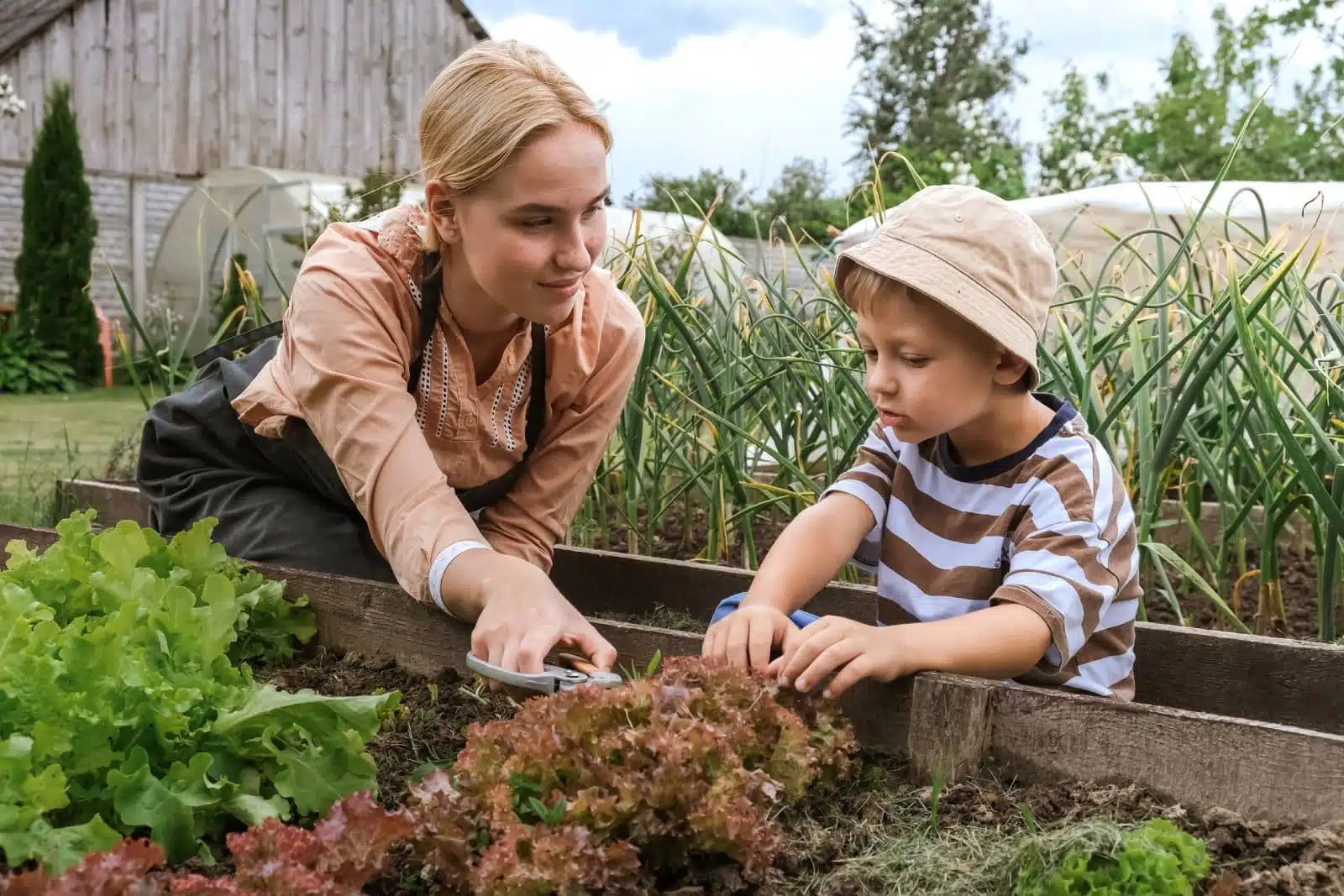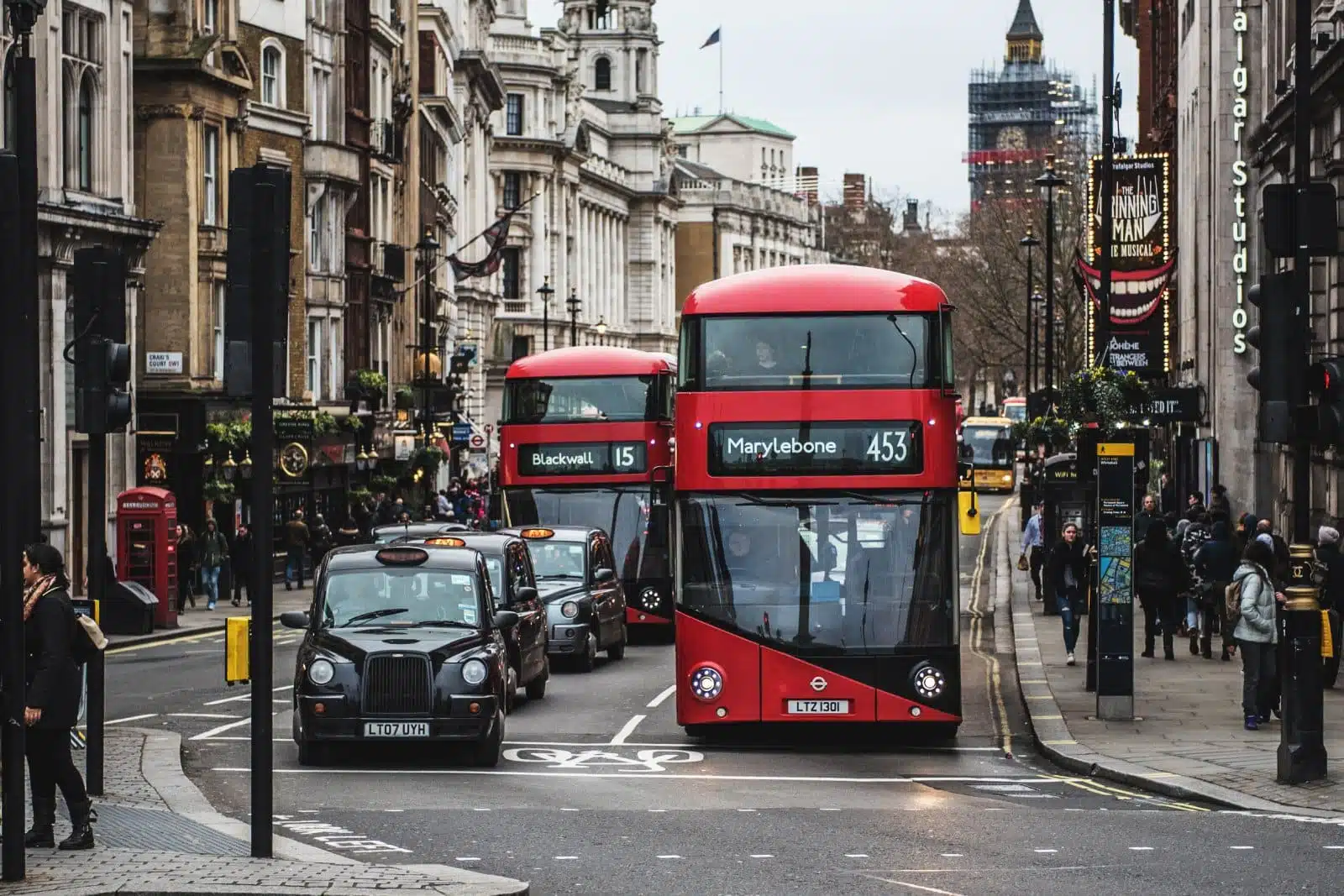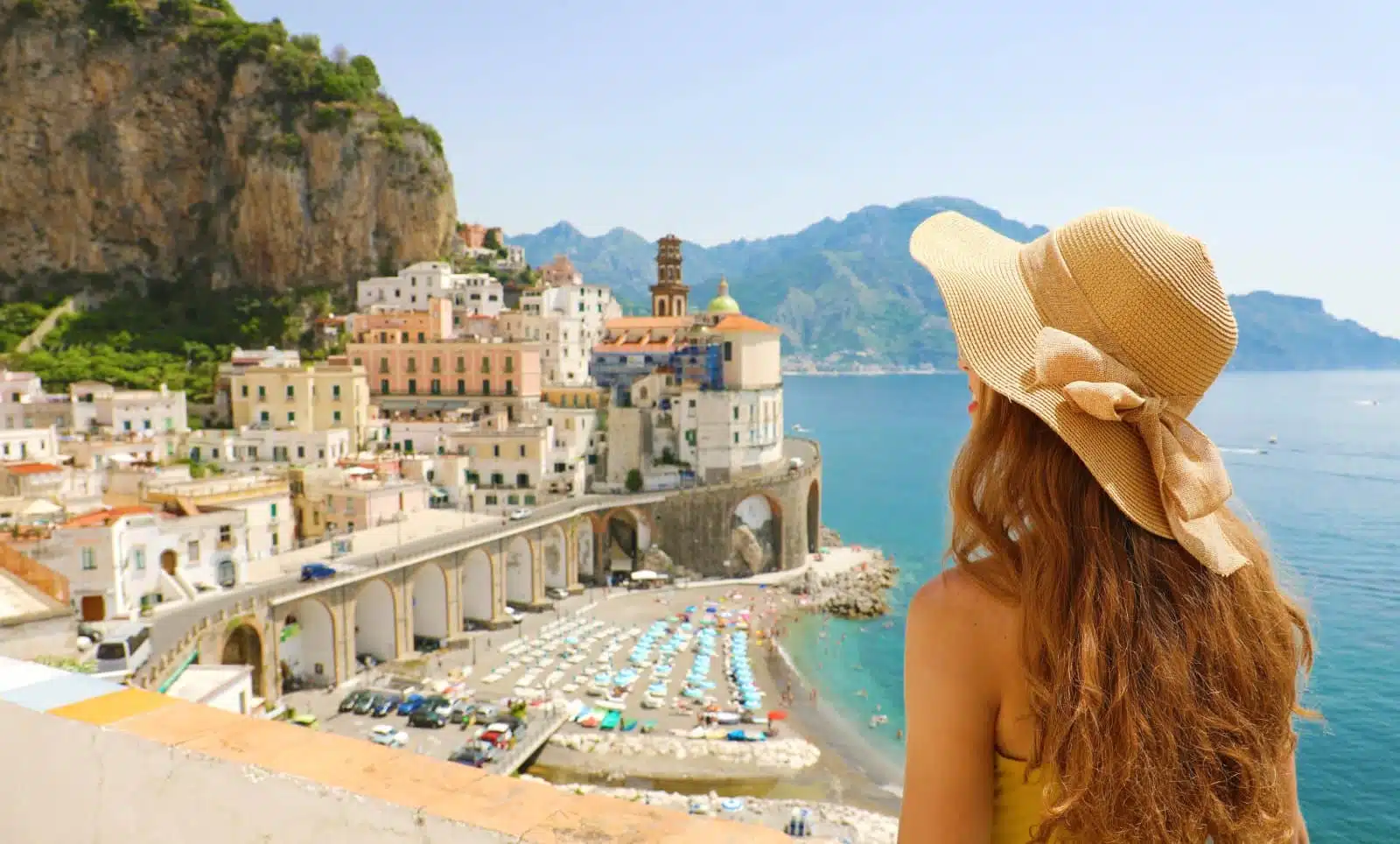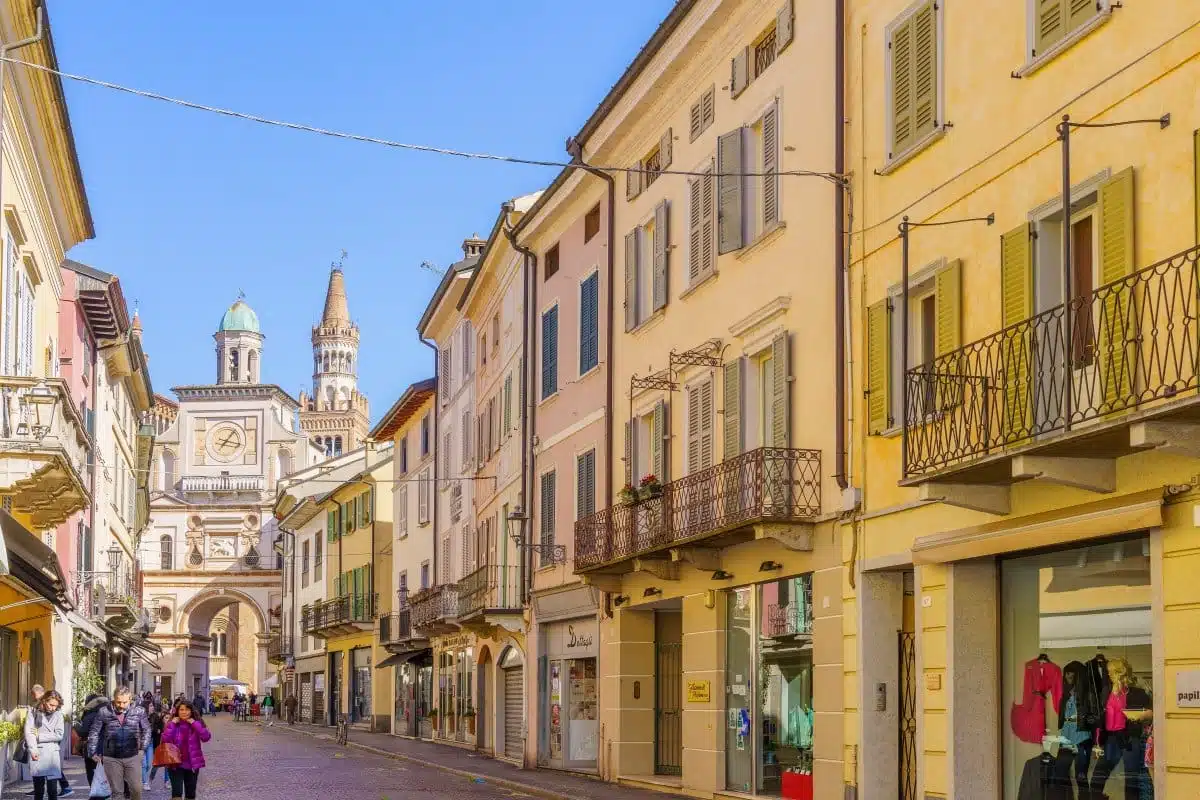Ever wondered how a leisurely coffee in a Parisian café or a bike ride through Copenhagen could improve your life? Europeans have mastered the art of living well, with habits that contribute to longevity and happiness. By borrowing a page from their book, we can infuse our lives with a bit of this European magic. Let’s explore 15 life lessons from across the pond that promise a more joyful and enriched existence.
1. Embracing Work-Life Balance

Image Credit: Shutterstock / fizkes
In France, the 35-hour workweek isn’t just a policy; it’s a lifestyle choice that prioritizes personal time over professional demands. This balance is believed to contribute to lower stress levels and higher life satisfaction. Americans could seek to replicate this by advocating for more flexible work policies and valuing time off as essential to well-being.
2. Prioritizing Vacation Time

Image Credit: Shutterstock / Song_about_summer
Unlike many Americans who often leave vacation days on the table, Europeans like the Italians make full use of their holiday entitlements, sometimes taking the entire month of August off. This extended break is key to reducing burnout, refreshing the mind, and fostering family connections. Adopting a similar approach could help Americans rejuvenate and return to work more productive and fulfilled.
3. Daily Physical Activity

Image Credit: Shutterstock / ORION PRODUCTION
The active lifestyle of the Dutch, with cycling as a prime example, integrates physical activity into daily routines rather than segregating it as a task to be completed. This habit contributes to the Netherlands’ high rankings in health and happiness. Incorporating more physical activity into everyday life can offer Americans a simple yet effective way to improve health and well-being.
4. Eating Whole Foods

Image Credit: Shutterstock / marilyn barbone
The Mediterranean diet focuses on the consumption of whole foods, with minimal processing, and is linked to longevity and reduced disease rates. Emphasizing fruits, vegetables, and healthy fats, this diet celebrates the pleasure of eating nourishing foods. A shift towards a more Mediterranean-inspired diet could lead to better health outcomes for Americans.
5. Valuing Community

Image Credit: Shutterstock / melissamn
In many European societies, there’s a strong emphasis on community and social connections, which are critical for mental health and longevity. Whether through frequent family gatherings or community events, these connections provide essential support systems. Strengthening community bonds in the U.S. could foster a sense of belonging and support mental health.
6. Practicing Mindfulness

Image Credit: Shutterstock / Tanja Esser
Mindfulness and living in the present are central to the Scandinavian concept of “hygge,” which is associated with contentment and happiness. By focusing on the moment and cultivating a sense of peace, Americans can reduce stress and enhance life satisfaction.
7. Sustainable Living

Image Credit: Shutterstock / Shyntartanya
Europeans, particularly in countries like Germany and Sweden, lead in adopting sustainable practices, from recycling to using renewable energy sources. This respect for the environment not only contributes to a healthier planet but also fosters a sense of responsibility and well-being among individuals. Embracing more sustainable living habits could help Americans feel more connected to their environment and future generations.
8. Moderate Drinking

Image Credit: Shutterstock / Alexander Chaikin
In places like Italy and France, alcohol is often enjoyed in moderation with meals, contrasting with the binge-drinking culture seen in parts of the U.S. This moderate approach can contribute to a healthier relationship with alcohol and enhance social interactions without the negative health impacts of excessive drinking.
9. Taking Siestas

Image Credit: Shutterstock / Stokkete
The Spanish tradition of taking a siesta or a short nap after lunch recognizes the natural dip in energy levels many people experience in the afternoon. This rest period can lead to improved productivity and well-being. While a full siesta might not fit into the American workday, adopting short rest breaks could improve mental clarity and reduce fatigue.
10. Public Transportation

Image Credit: Shutterstock / Life In Pixels
Many European cities boast efficient public transportation systems, reducing reliance on cars, decreasing pollution, and encouraging walking. Emulating this aspect could lead to healthier, more active lifestyles in the U.S., along with environmental benefits.
11. Appreciating the Arts

Image Credit: Shutterstock / Tupungato
Cultural appreciation is woven into the fabric of European society, with regular attendance at museums, theaters, and concerts. This engagement with the arts enriches the soul and promotes a sense of community and creativity. Americans could benefit from integrating more cultural activities into their lives for a richer, more connected experience.
12. Enjoying Outdoor Cafés

Image Credit: Shutterstock / BearFotos
The European habit of leisurely enjoying coffee or meals outdoors at cafés emphasizes the joy of savoring the moment and engaging with the world around us. This practice can enhance mood and provide a welcome break in our often hectic lives.
13. Learning Multiple Languages

Image Credit: Shutterstock / Prostock-studio
The European emphasis on learning multiple languages from a young age fosters greater cognitive flexibility and cultural understanding. Americans could enhance their cognitive skills and global perspective by embracing language learning.
14. Universal Healthcare

Image Credit: Shutterstock / Halfpoint
The accessibility of healthcare in many European countries, through universal healthcare systems, ensures that individuals receive preventive care and treatment without the stress of high costs. Advocating for more accessible healthcare in the U.S. could improve overall public health and reduce stress related to medical expenses.
15. Living Closer to Nature

Image Credit: Shutterstock / I Wei Huang
Europeans often live in close harmony with nature, whether it’s through weekend hikes in the Alps, picnics in the vast public parks of London, or simply embracing the outdoor lifestyle of the Mediterranean. This connection to the natural world is not only beneficial for physical health but also for mental well-being, providing a sense of peace and grounding.
A Different Way of Life

Image Credit: Shutterstock / Zigres
By integrating these 15 practices into our daily routines, we can aspire to not only extend our lifespans but also enhance the quality of our lives. The journey towards adopting these habits may require a shift in mindset and priorities, but the rewards—increased happiness, health, and harmony—are well worth the effort
More From The Green Voyage
Top 10 Trending Travel Destinations 2024
6 Essential Banking Apps for International Travel – Managing Your Finances on the Go
Traveling With Kids – 10 Tips to Create Memorable Family Holidays
The post 15 Things to Learn From Europeans to Live Longer and Happier first appeared on The Green Voyage.
Featured Image Credit: Shutterstock / RnDmS.
For transparency, this content was partly developed with AI assistance and carefully curated by an experienced editor to be informative and ensure accuracy.
Tips for Trip Success
Book Your Flight
Find an inexpensive flight by using Kayak, a favorite of ours because it regularly returns less expensive flight options from a variety of airlines.
Book Your Hotel or Special Accommodation
We are big fans of Booking.com. We like their review system and photos. If we want to see more reviews and additional booking options, we go to Expedia.
You Need Travel Insurance!
Good travel insurance means having total peace of mind. Travel insurance protects you when your medical insurance often will not and better than what you get from your credit card. It will provide comprehensive coverage should you need medical treatment or return to the United States, compensation for trip interruption, baggage loss, and other situations.Find the Perfect Insurance Plan for Your Trip
